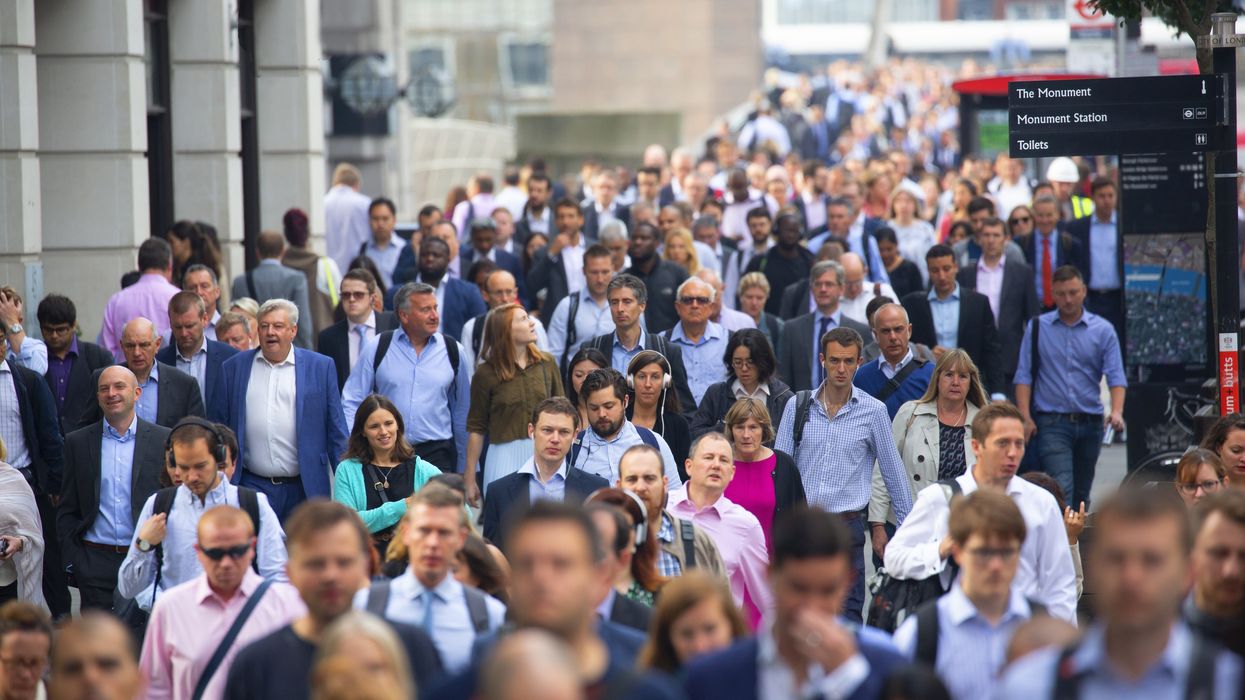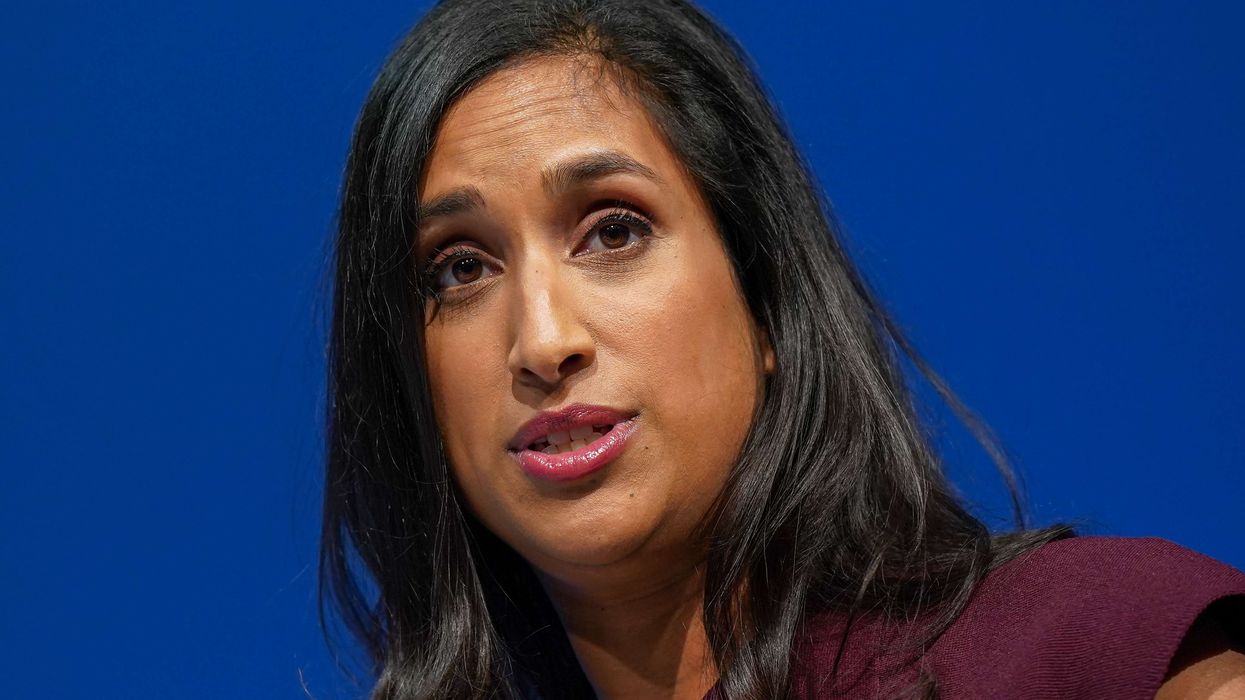by Nadeem Badshah
CAMPAIGNERS have backed plans for video trials and digital courtrooms, which they believe will help victims give evidence against family members.
Ministers want to close some courts in England and Wales and replace them with an online justice system in a £1.2 billion scheme to slash costs.
Activists said the move will encourage people who have suffered domestic violence or a forced marriage to testify via video link instead of facing their accusers in open court.
Victims of domestic violence continue to be questioned by former partners who represent
themselves in court, mainly in family court hearings. This is despite the government
pledging to stop the practice, campaign groups have warned.
However, the proposal for digital trials has been criticised by some judges after a
test run using video technology saw three trials out of eight halted because of computer
failures.
Amjad Malik, a solicitor specialising in immigration and human rights law, told Eastern Eye: “Video trials and digital courts for people testifying against family members in forced marriage, domestic violence, family disputes or even criminal trials to address the stigmatisation issues is a very good development and idea.
“People are afraid to come forward due to fear of social exclusion and being outcasts and pressure or pestering by family members.
“Courts are frequently using video conference facilities in civil trials and witness depositions. Such witness recordings must be welcomed and will be a step further
in order to dispense justice.
“I agree with the use of video being limited to cases involving more minor charges [initially], but it must not be ruled out for other cases.”
Judges have been assured that serious criminal crown court trials will not leave traditional
courtrooms and that the use of video will be limited to minor cases. Magistrates and judges in civil and family courts will also have a veto on whether cases are tried using video and online methods.
There are around 8,000 forced marriages in the UK every year, but few convictions. The first successful one was in May 2018, when a mother from Birmingham was jailed for tricking her daughter into leaving the UK to force her to marry.
Mandy Sanghera, a human rights activist and campaigner on issues including forced
marriages, told Eastern Eye: “[The opposition to plans] may stop victims speaking
out against family.
“We need to empower victims to speak out against abuse and need to be clear about protecting the most vulnerable. Children need a safe space to give evidence.”
The Ministry of Justice has told courts to shed more than a third of their 16,500 staff,
shut down some court buildings and reduce annual spending by £250 million. The department is working on introducing a ban on cross-examination by ex-partners
in abuse cases. It says court users are offered protective screens or video links, and the government has spent £6.5m since 2015 to support those who have to represent
themselves in court.
In December, the lord chief justice said people will be able to take part in court
hearings via their smartphone.
Lord Burnett of Maldon, the most senior judge in England and Wales, said: “There is no reason why our forms, processes and perhaps even some hearings should not be
optimised for smartphones.
“There is no reason why our online courts and justice systems cannot deliver effective and accessible justice, direct to the citizen.”
He added: “When large numbers of individuals, and particularly those on low incomes,
do not have effective access to our justice systems, we simply cannot adopt
such an approach.”












